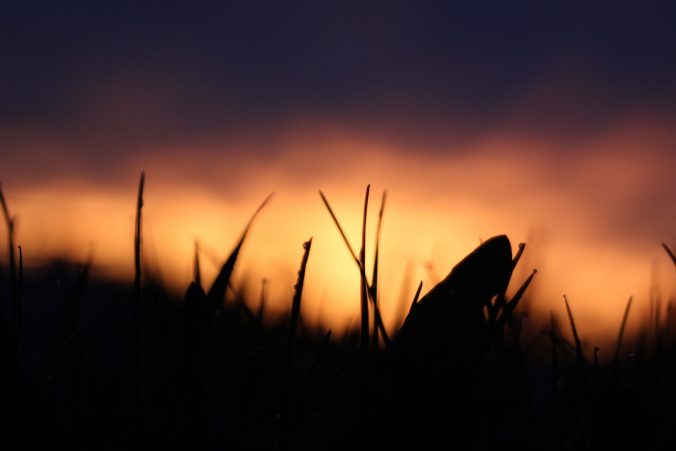Day 1
Got as far as South Carolina. Walmarts are surprisingly difficult to find in the state. Saw Pedro at South of the Border. Gouda. Tylesle.
Day 2
Resort is huge. 2 bedrooms, whirlpool, balcony, dining room, fully equipped kitchen, projection TV. Floridians don’t know how to drive, but at least they do it at 95 MPH. Met up with Bri and the tension was thick. Reminded me of when my parents would close the kitchen door and fight in the living room, as if the thin piece of wood would protect me from the screaming.
Day 3
Downtown Disney. Picked up something for Laura. Tension continues to build. Bri left for the night.
Day 4
Hugged the mouse. Spent 11 hours in the Magic Kingdom. Fireworks at the end of the evening were nice.
Day 5
Notes in all my stuff. Met up with Geoff outside Atlanta. Stayed in a dive motel. First of many, I’m sure. Fuckin’ hate Georgia.
Day 6
Dropped by Kristy’s. Brother said she was sick. Came up to Dezzy’s a day early and took her and Kat out to dinner. Saw Tennessee poetry night. Just imagine it. Yes. It’s like that.
Six down, 15 or so to go.


Leave a Comment